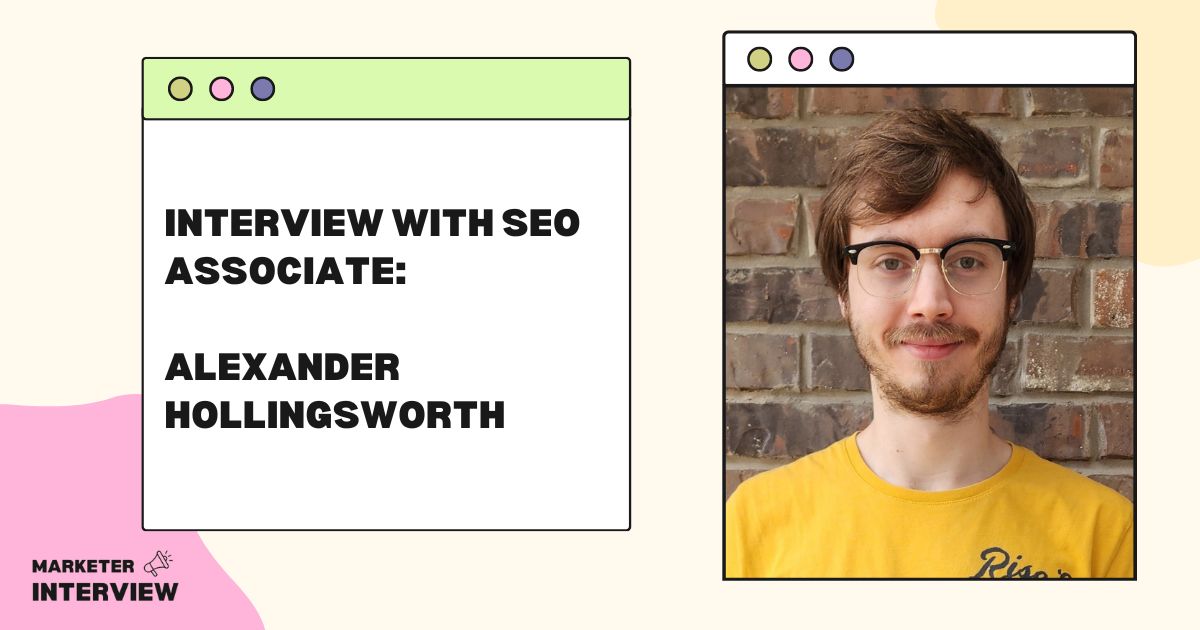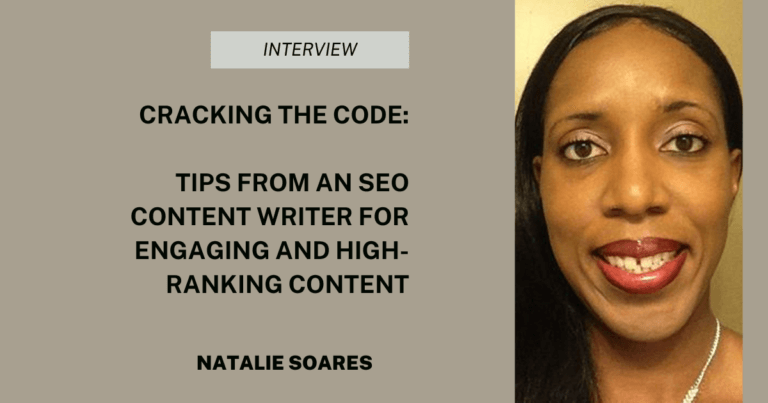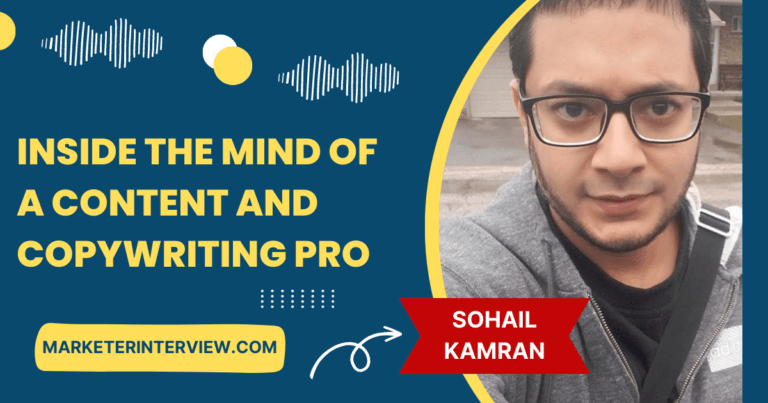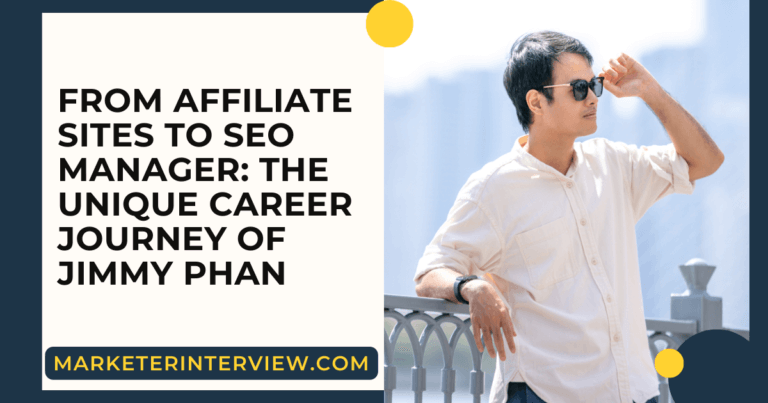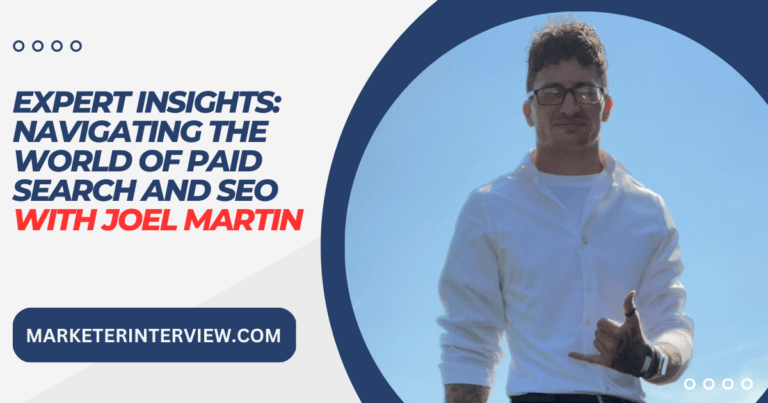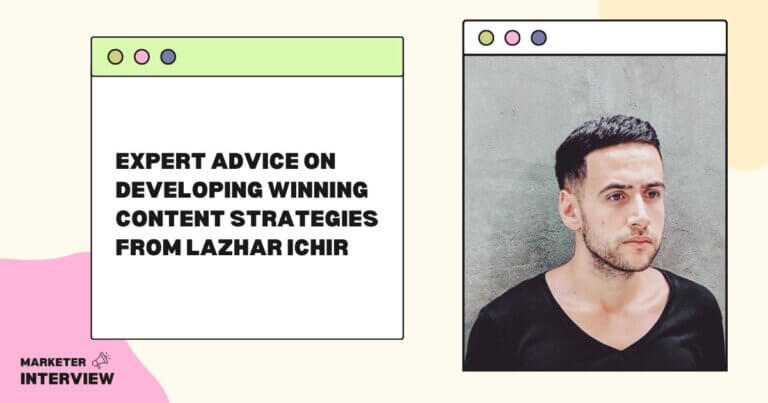SEO Insights from Alexander Hollingsworth
Welcome to Marketer Interview!
Today, we have the pleasure of speaking with Alexander Hollingsworth, an experienced SEO Marketing Associate at Oyova with a deep passion for all things SEO.
Alexander’s journey in the field of digital marketing is both intriguing and informative.
In this interview, we’ll dive into his career, expertise, and the tools and software he uses to get the job done.
Contents
- 1 How did you first get into marketing, and what drew you to the SEO field?
- 2 Can you describe your current role as an SEO Marketing Associate and what a typical day looks like?
- 3 What are some of the biggest challenges you face in your job, and how do you overcome them?
- 4 How do you stay up-to-date with the latest SEO trends and changes in search engine algorithms?
- 5 Can you walk us through a successful SEO campaign you’ve worked on and what made it successful?
- 6 How do you measure the success of your SEO efforts, and what metrics do you use?
- 7 What advice would you give to someone just starting in the SEO field?
- 8 Can you tell us about the most essential SEO tools and software you use daily?
- 9 How do you prioritize and organize your tasks and projects as an SEO Marketing Associate?
- 10 What do you think the future of SEO looks like?
How did you first get into marketing, and what drew you to the SEO field?
Well, it all started when I began to work on marketing materials for my father’s optometry business in college.
The unique combination of technical and analytical abilities with creativity drew me to SEO specifically. Analyzing data and developing strategies that make a meaningful impact on businesses is incredibly satisfying.
Plus, I had always enjoyed building websites when I was younger, so I had experience with SEO.
Can you describe your current role as an SEO Marketing Associate and what a typical day looks like?
Sure thing!
As an SEO Marketing Associate, my role is to improve the visibility of my client’s websites in search engine results pages through various tactics, such as keyword research, on-page optimization, and link building.
My typical day starts with analyzing website performance data, developing new strategies, and collaborating with my team to execute those strategies.
What are some of the biggest challenges you face in your job, and how do you overcome them?
One of the biggest challenges in the SEO field is keeping up with the ever-changing landscape of search engine algorithms.
I overcame this challenge by regularly communicating with other SEOs and reading Google documentation to stay informed on the latest updates and best practices.
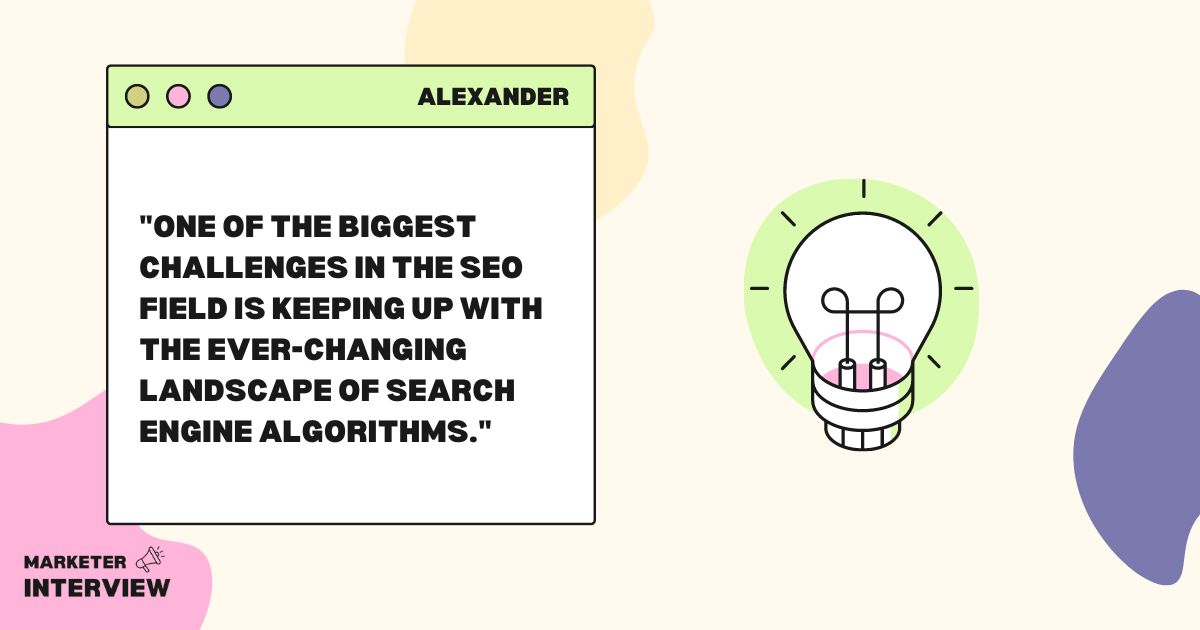
How do you stay up-to-date with the latest SEO trends and changes in search engine algorithms?
As I mentioned before, I prioritize communicating with other SEOs and reading Google documentation regularly.
I also attend conferences and webinars and follow industry leaders on social media to stay up-to-date with the latest trends and best practices.
Can you walk us through a successful SEO campaign you’ve worked on and what made it successful?
I once worked on an SEO campaign for a local law firm that significantly increased website traffic and revenue (over 300% in one year).
The campaign succeeded because we focused on creating high-quality content that addressed our target audience’s pain points and needs while implementing a strategic link-building plan.
How do you measure the success of your SEO efforts, and what metrics do you use?
I measure the success of my SEO efforts by tracking website traffic, search engine rankings, and conversion rates.
These metrics provide valuable insights into how well our strategies are working and allow us to make data-driven decisions moving forward.
Conversions, in particular, are an essential area of focus.
What advice would you give to someone just starting in the SEO field?
I advise someone starting in the SEO field never to stop learning. The landscape of SEO is constantly changing, and it’s essential to stay informed on the latest trends and best practices.
Also, be patient and persistent. SEO is a long-term game, and results take time to show.
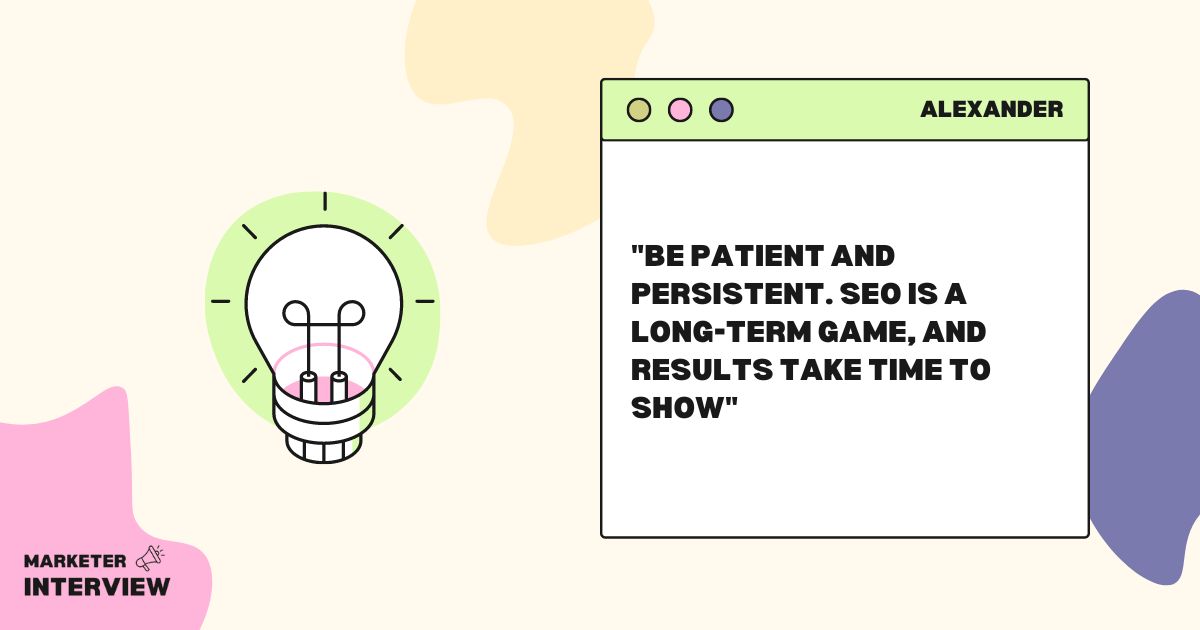
Can you tell us about the most essential SEO tools and software you use daily?
I use several SEO tools and software daily, such as Google Analytics, SEMrush, Ahrefs, and Moz.
These tools help me track website performance, conduct keyword research, analyze backlinks, and more. They’re essential to my job because they provide valuable insights that inform our strategies and tactics.
I also use Google Analytics and Google Search Console regularly to gain insights and for tracking.
How do you prioritize and organize your tasks and projects as an SEO Marketing Associate?
I use project management tools such as Teamwork and Slack to stay organized.
These tools help me to break down larger projects into smaller, more manageable tasks, assign deadlines, and track progress.
I also communicate regularly with my team members and clients to ensure we’re all on the same page and working towards the same goals.
What do you think the future of SEO looks like?
AI-powered tools and technologies are now being used to automate various SEO tasks, including keyword research, content optimization, and link building.
This has made the job of SEO professionals more efficient and helped improve the overall quality of SEO strategies.
I plan to continue learning and staying up-to-date with the latest industry trends and best practices to stay ahead of these changes. I’ll also work closely with my team to develop creative and practical strategies that align with the evolving landscape of SEO.
Overall, the future of SEO is bright, and I’m excited to be a part of this dynamic and ever-changing industry.
